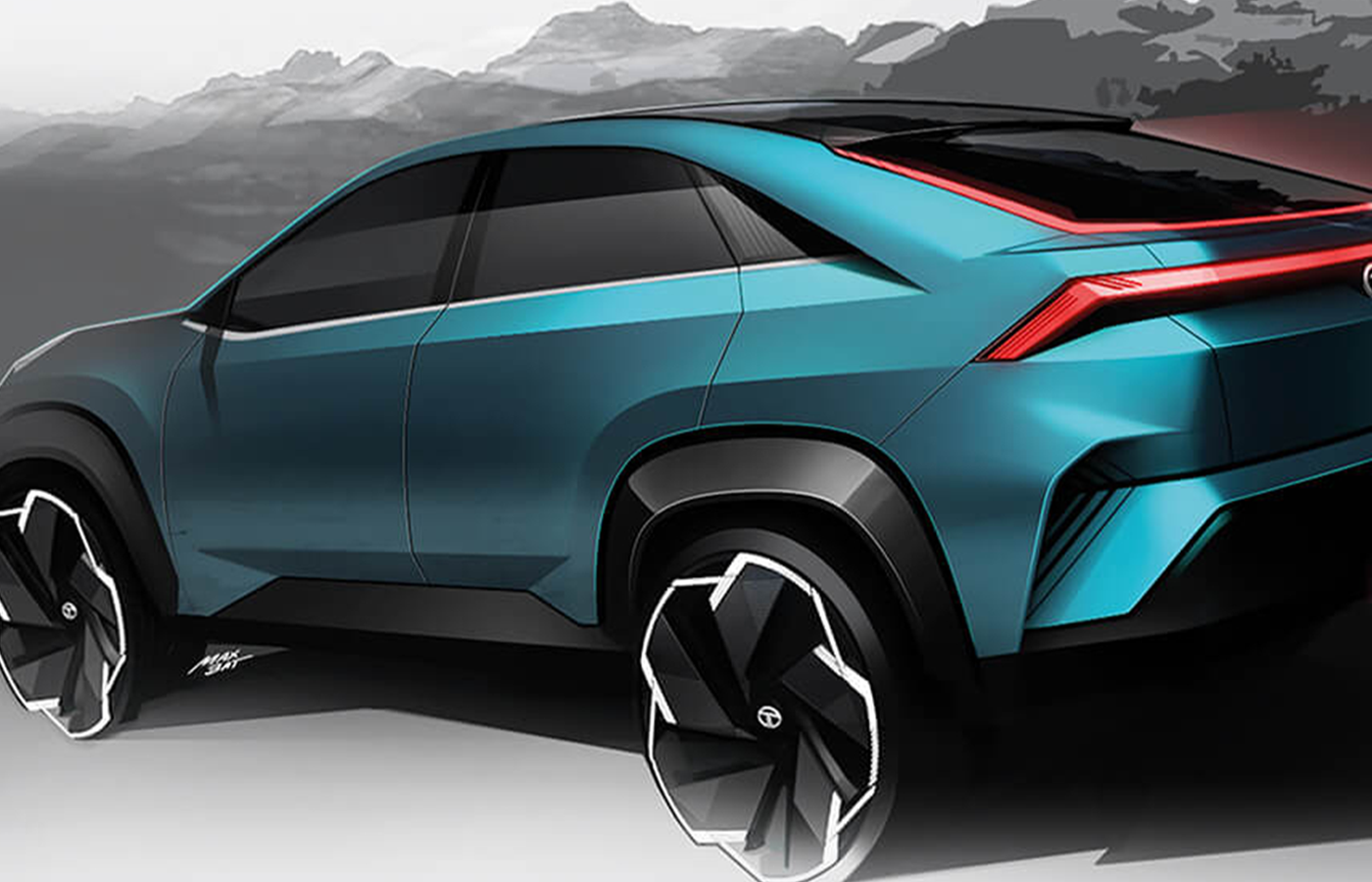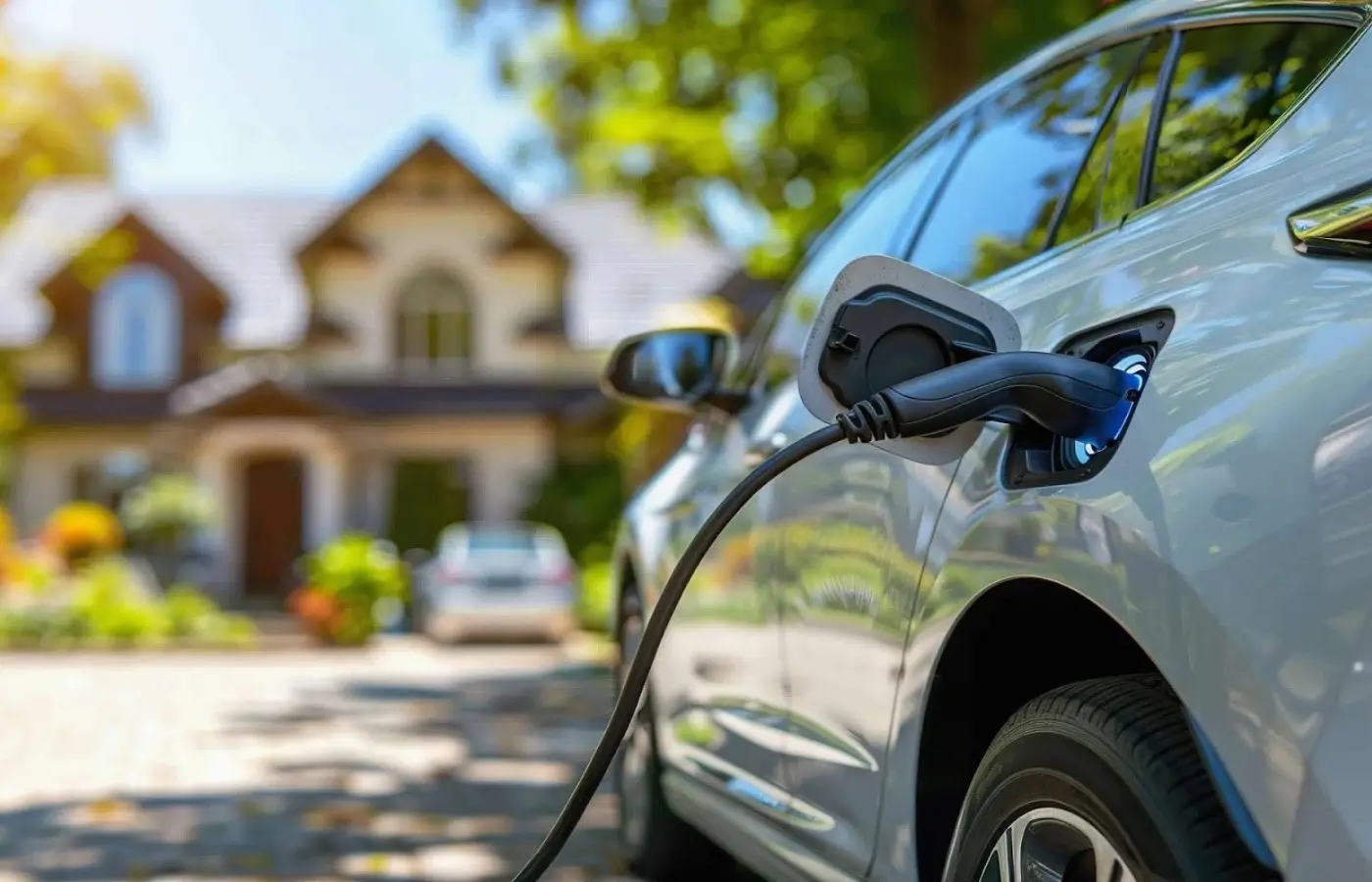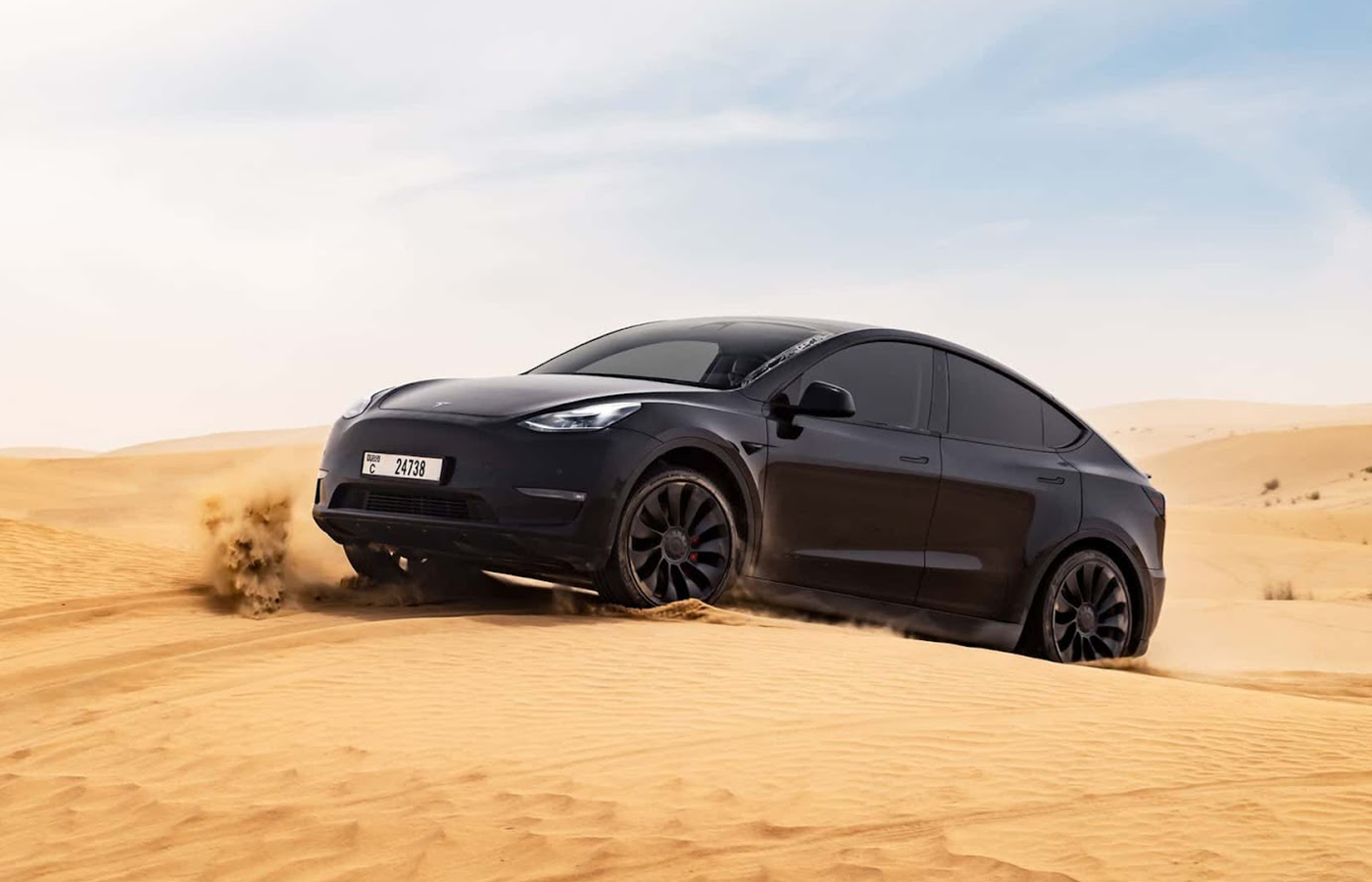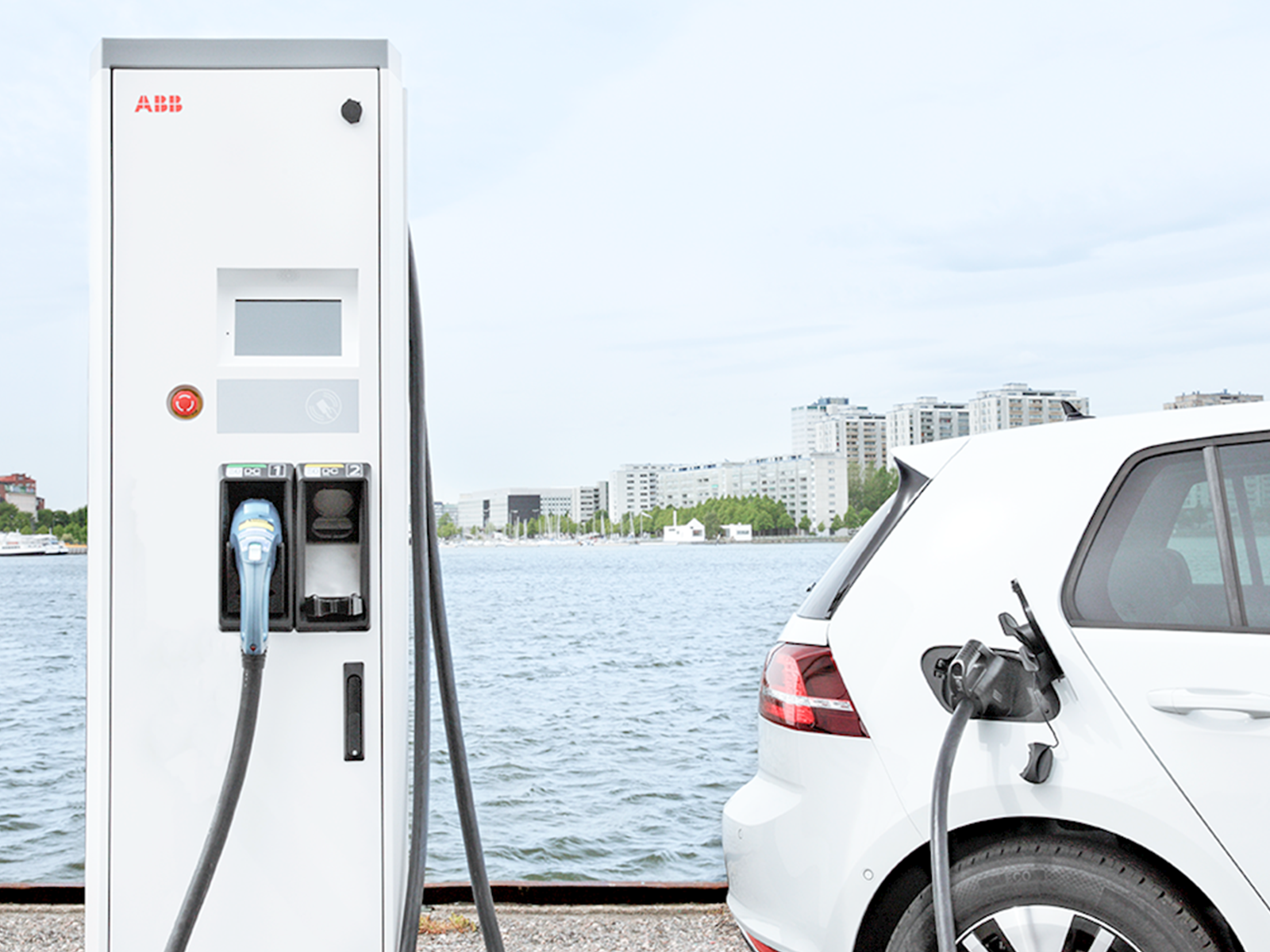Discussing Effective Charging Tips to Enhance your EVs Battery Performance
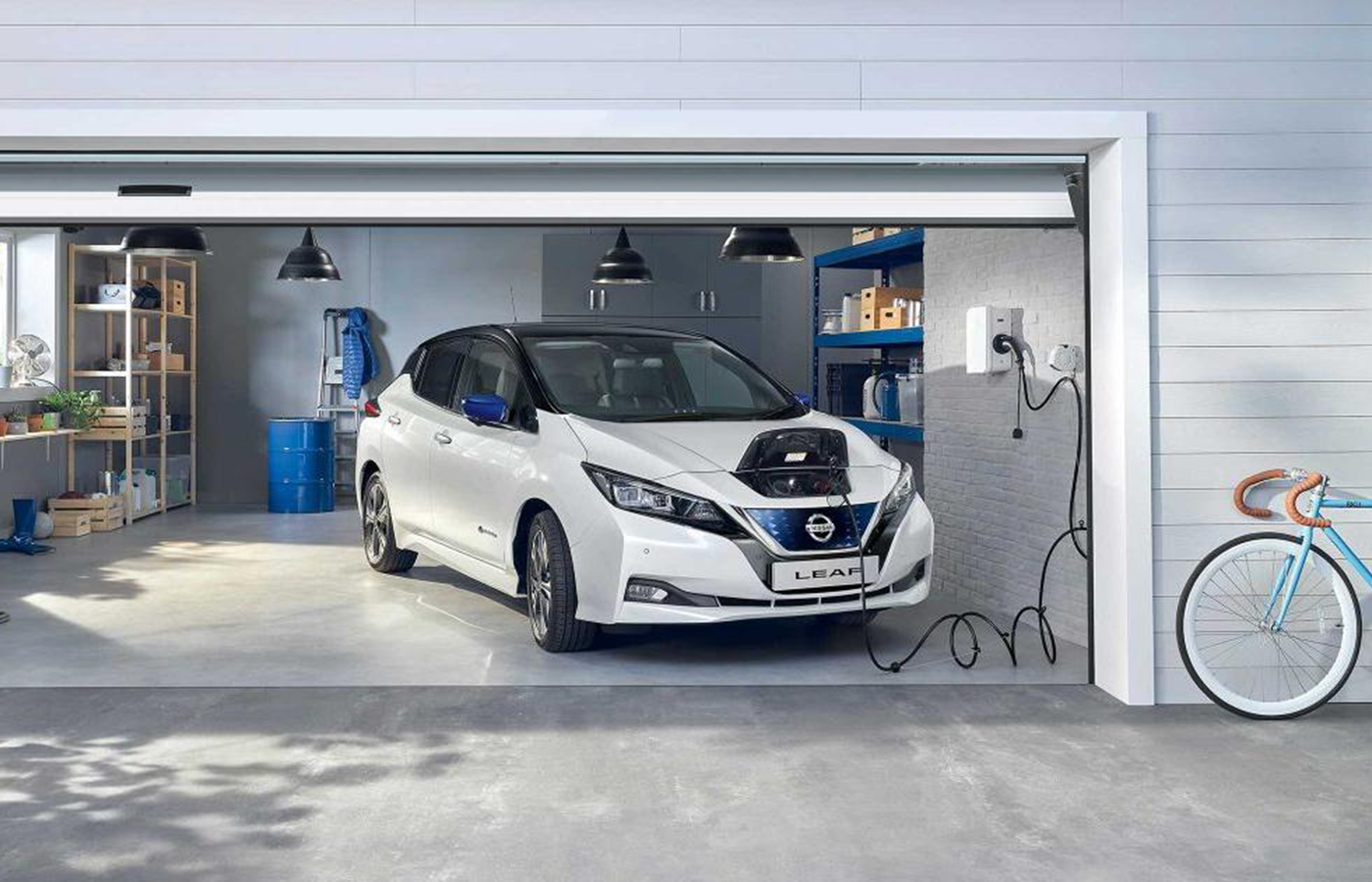
Effective Charging practices is very important to maintain the battery performance of EVs, as EV users always consider that charging the EVs is like charging a phone, simply plug in and leave it till it gets 100% charged.
Thus it is important to understand about the various charging options through which you can charge your EVs. Let's break down different types of charging options.
AC Charging: This is a common method of charging EVs, as it is significantly slower than other charging methods, but is a convenient option for home charging or public charging stations.
DC Fast Charging: This method uses Direct Current (DC) to rapidly charge the EV batteries generating high power levels. These charging methods are generally found at fast-charging stations. DC fast charging is ideal when doing long highway trips or quick recharges.
Advantages of Home Charging
- Home Charging is quite convenient as compared to fast charging as it’s a simple process of plug, schedule, and forget.
- The cost of home charging is quite less, as the units consumed in home charging is comparatively less than fast charging, so it's a cost effective solution, since many users have it subsidized. NOTE: Do keep in mind that State-wise Per unit cost may vary depending on EV meter or recent slab category.
- The cost of home charging is quite less, as the units consumed in home charging is comparatively less than fast charging, so it's a cost effective solution, since many users have it subsidized. NOTE: Do keep in mind that State-wise Per unit cost may vary depending on EV meter or recent slab category.
NOTE: The charger is a high power device, almost equivalent to 7 ACs, thus they are designed to provide the highest standards of safety.
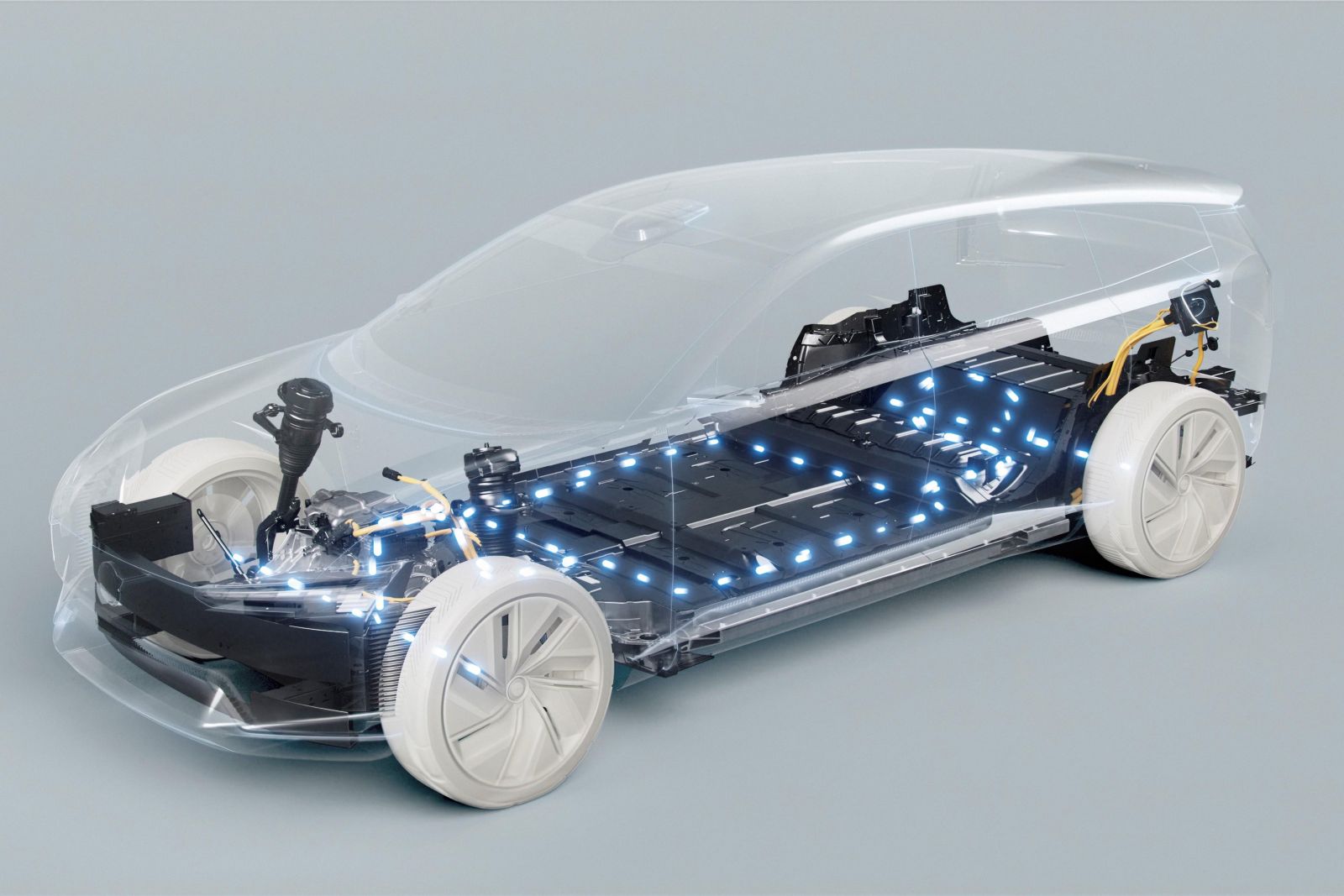
Effective Charging Tips to enhance your EV’s Battery Performance
TIP 1: Always use the original charge cable provided with your vehicle for charging. Don’t use other company’s chargers as your car can be effectively charged using the company’s dedicated chargers.
TIP 2: Do not charge your electric cars, if the power socket or charge point are exposed to rain or water, as it can generate current and can cause serious injury.
TIP 3: Do not Plug-in the charger with wet hands.
TIP 4 : Don’t charge your EVs in direct sunlight, as charging itself is a heat generation process and if done in sunlight, it could overheat your EV’s batteries and can cause serious damage to your car’s batteries leading to replacement and other heavy costs.
TIP 5: The vehicle should be disconnected from the power source, before turning it on or using it for any other purpose.
TIP 6 : Always charge when the battery is greater than 50% before leaving the vehicle for long resting periods. Do ensure to charge your EVs to 100% SOC using a normal charger, after your resting period is over.
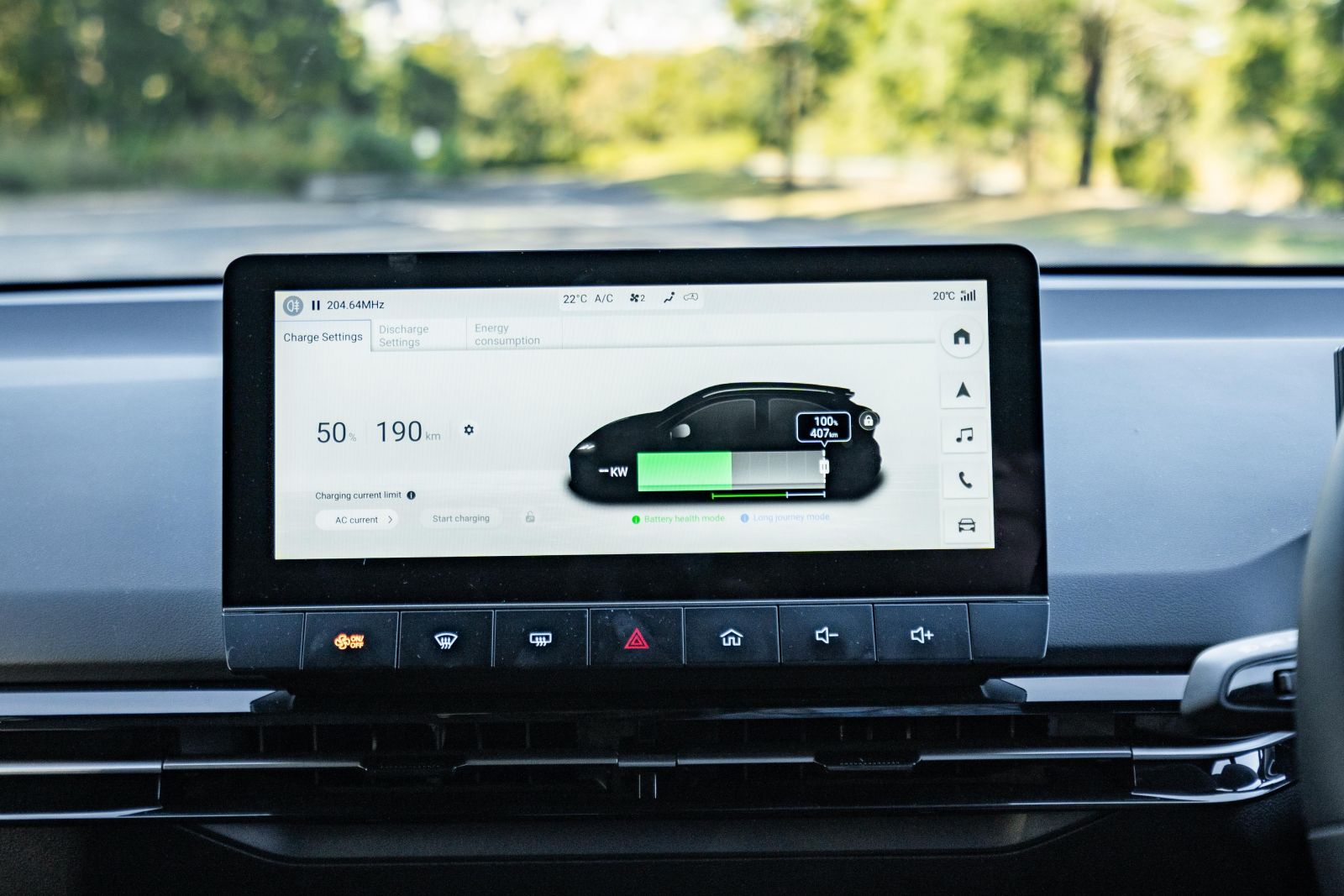
TIP 7: Under certain circumstances, the thermal system may produce moisture in the air from the front of your vehicle while charging. This is completely normal and not to be concerned about.
TIP 8: Allow normal charging up to 100% SOC once after 3 fast charge cycles, as this will ensure optimal battery performance.
TIP 9: Minimise the use of fast charging to improve the longevity of batteries, as fast charging generates more energy while charging your EVs which can impact your battery’s performance.
TIP 10 : If your electric car is driven less, then charge your vehicle to 100% and keep it overnight connected, once a week on normal charging.
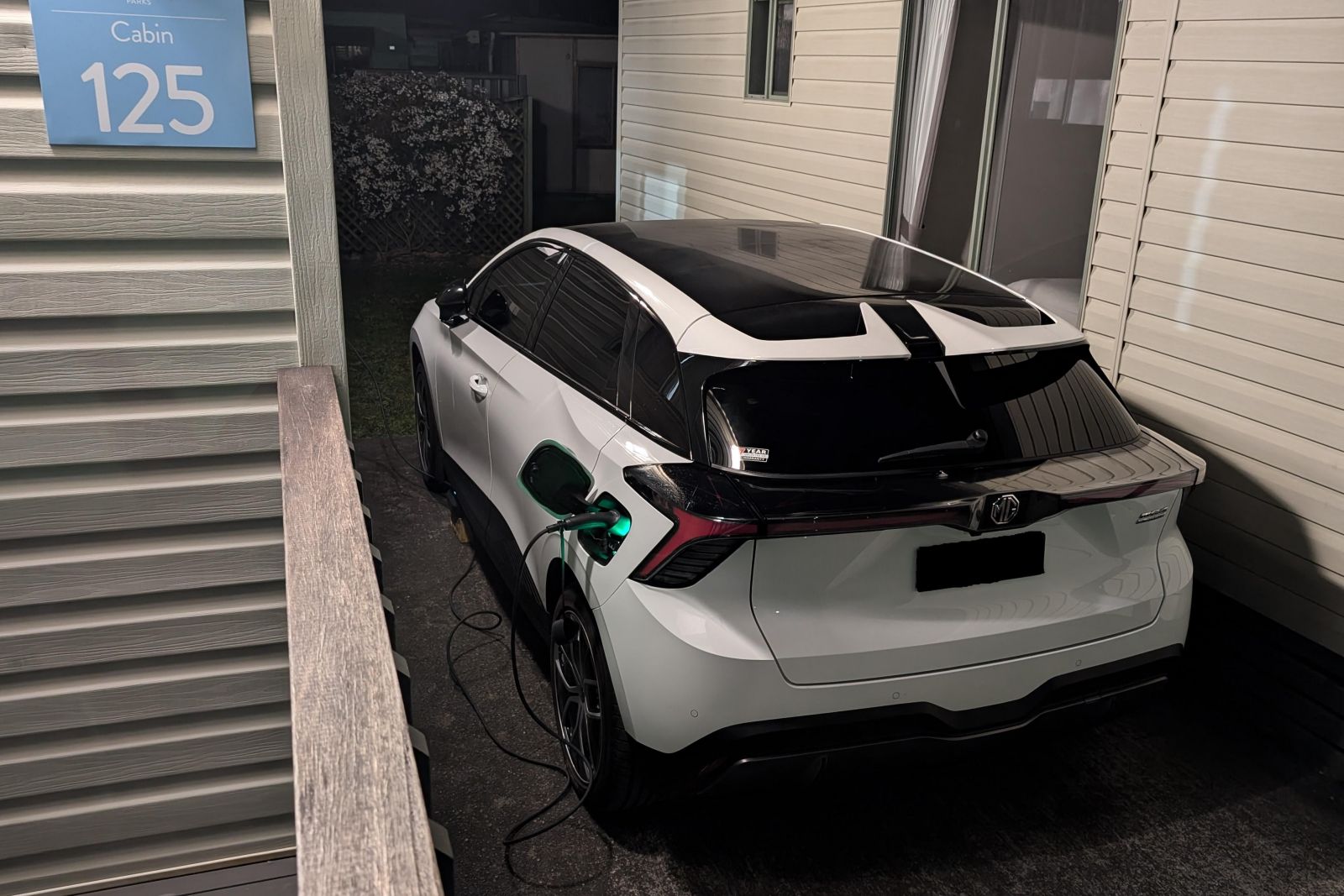
Best Time to Charge Your EVs
Although EVs can be charged anytime, conducting charging at suitable times can have the following advantages.
- Normally most of the commutes for the city are done during the day, so charging at night will not interfere with your daily travel routine.
- At night, the temperature is significantly low and is ideal for battery charging.
Do’s and Don’ts while Charging EVs
Do’s:
- Engage Parking brake while charging your EV.
- Do careful inspection of the charging cable periodically for any damage like cracks, cuts, exposed wire and burnt marks on pins in the handle and plug etc. Replace if required.
- Aim to charge your electric vehicle to a full state of charge (SOC) whenever possible.
- Always Do Normal Charging after 4 fast Charging.
Don’ts:
- Do not wash, if the vehicle is on charging.
- Immediately stop the charging process if you find abnormal symptoms like odor, or smoke.
- Do not use the battery as a stationary power source to charge other products, as this may lead to premature battery degradation and can affect your warranty coverage.
Thus following these tips, will enhance your EVs battery life thus providing company specified range on a single charge, by ensuring that the battery performs in an optimum way, resulting in an extended battery lifespan for your electric vehicle.
Advertisement.webp)
